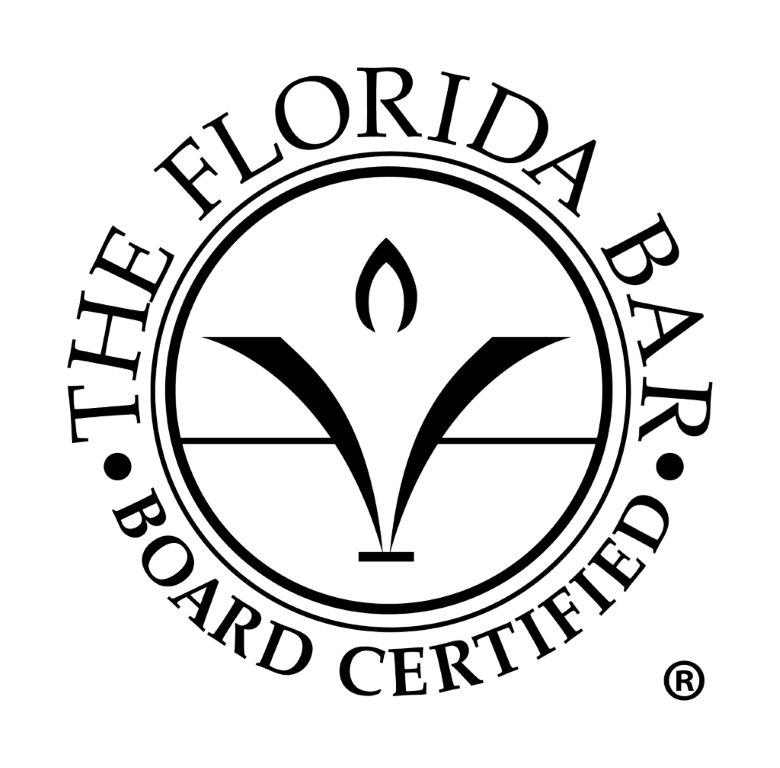
The word “domicile” has different applications, but, legally, it is the place of your permanent residence. Did you know that, while you can have many homes, you can have only one domicile? It is determined by various factors, including where you live for the majority of the year and where you return indefinitely if you are not living there now.
Fundamentally, domicile is determined by intent. You can say Florida is your home, and even maintain a residence in the state. If you work, vote, drive, register vehicles, receive mail, and raise your family in another state, however, is there really much of an intent to make Florida your domicile?
These are items tax authorities and judgment creditors consider when attempting to collect payment. Florida has asset protection benefits and one of the lowest tax regimes in the country. It is one of only eight states with no state income tax, estate tax, or inheritance tax. Tax officials in other states have become increasingly aggressive about pursuing people who claim Florida residency as a means to avoid potential tax obligations.
Your domicile also impacts other legal issues, such as probate. If family members initiate a probate court proceeding to distribute your estate assets after your passing, they must occur in the county and state of your permanent residence. Domicile is further used to enroll children or college students in school, establish eligibility for Homestead Exemption, and government programs.
There are many ways to establish domicile in Florida, beginning with filing a sworn “Declaration of Domicile.” This is a legal document that demonstrates an intent to make Florida your permanent “home” under penalty of perjury. It must be signed, witnessed by a notary public or authorized court officer, and filed with the clerk of the circuit court where you reside. Once submitted, it will be recorded in the public records of the county where you live.
A Declaration of Domicile is not required to move to Florida, nor will it single-handedly terminate obligations in a former state. It is, however, a strong first step toward proving your claim to Florida domicile. You should take affirmative measures to sever your residency status in your former state and continue strengthening your Florida claim. Obtaining a driver’s license, filing federal income taxes from your new address, and applying for a state Homestead Exemption are additional ways to establish domicile.
Contact our office for help navigating domicile-related issues.







